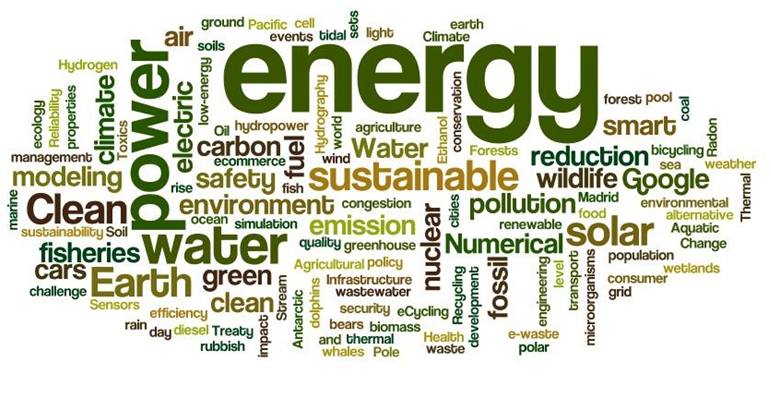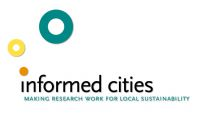The New Standard for Sustainability
- Ayrıntılar
The STAR Community Index™ (STAR) is a pioneering, strategic planning and performance management system that will offer local governments a road map for improving community sustainability. STAR helps communities address their interconnected concerns - economic, environmental and social.
ICLEI-Local Governments for Sustainability USA, the U.S. Green Building Council (USGBC), National League of Cities (NLC) and the Center for American Progress (CAP) have established a partnership to develop STAR with the goal of launching this tool in 2012.
STAR Overview Presentation: Advancing Livable & Sustainable Communities (pdf)
Why STAR Is Groundbreaking
STAR uniquely combines:
- a framework for sustainability that presents a vision of how communities can become more healthy, prosperous and inclusive
- goals and performance measures that are clear, consistent, and easily accessible, enabling cities and counties to more easily track their performance over time
- a rating system that drives continuous improvement and fosters competition in advancing community health, prosperity and inclusion
- an online performance management tool that gathers, organizes, analyzes, and presents information required to meet sustainability goals
Built by and for Local Governments
STAR’s ambitious vision is primed for success thanks to the unprecedented collaboration involved in its creation, with more than 160 volunteers representing more than 50 cities and counties, state and federal agencies, non-profit organizations, national associations, universities, utilities, and private corporations.
These volunteers contribute thousands of hours each year, bring a diversity of perspectives and expertise, and provide a formidable brain trust for informing both the structure and content of the STAR system. This level of local government engagement has built a constituency of early adopters that will help provide fertile ground on which STAR can grow once established.













